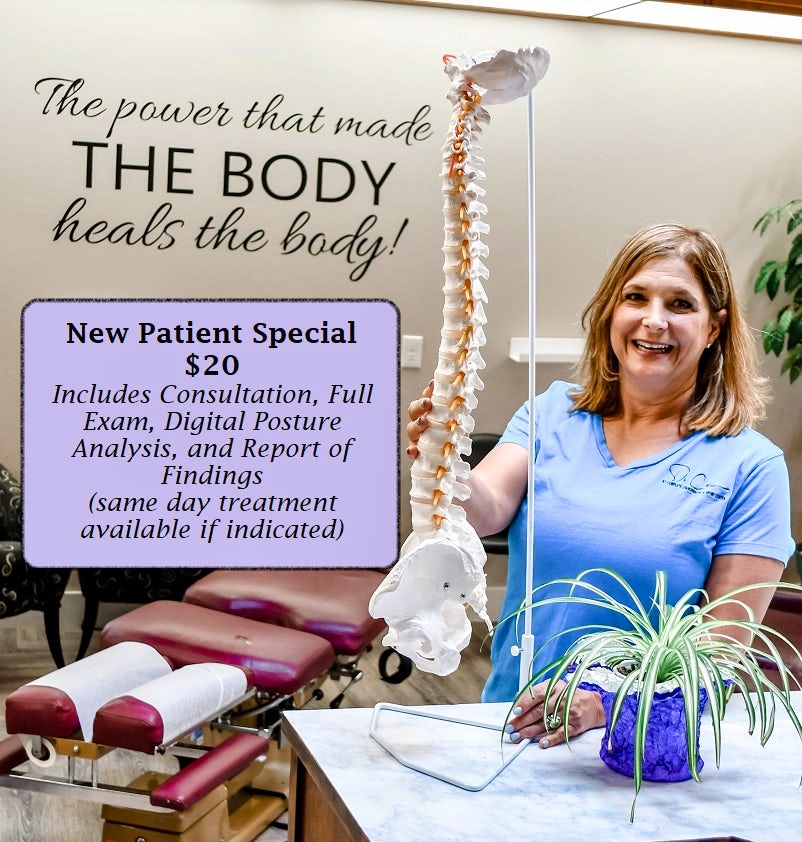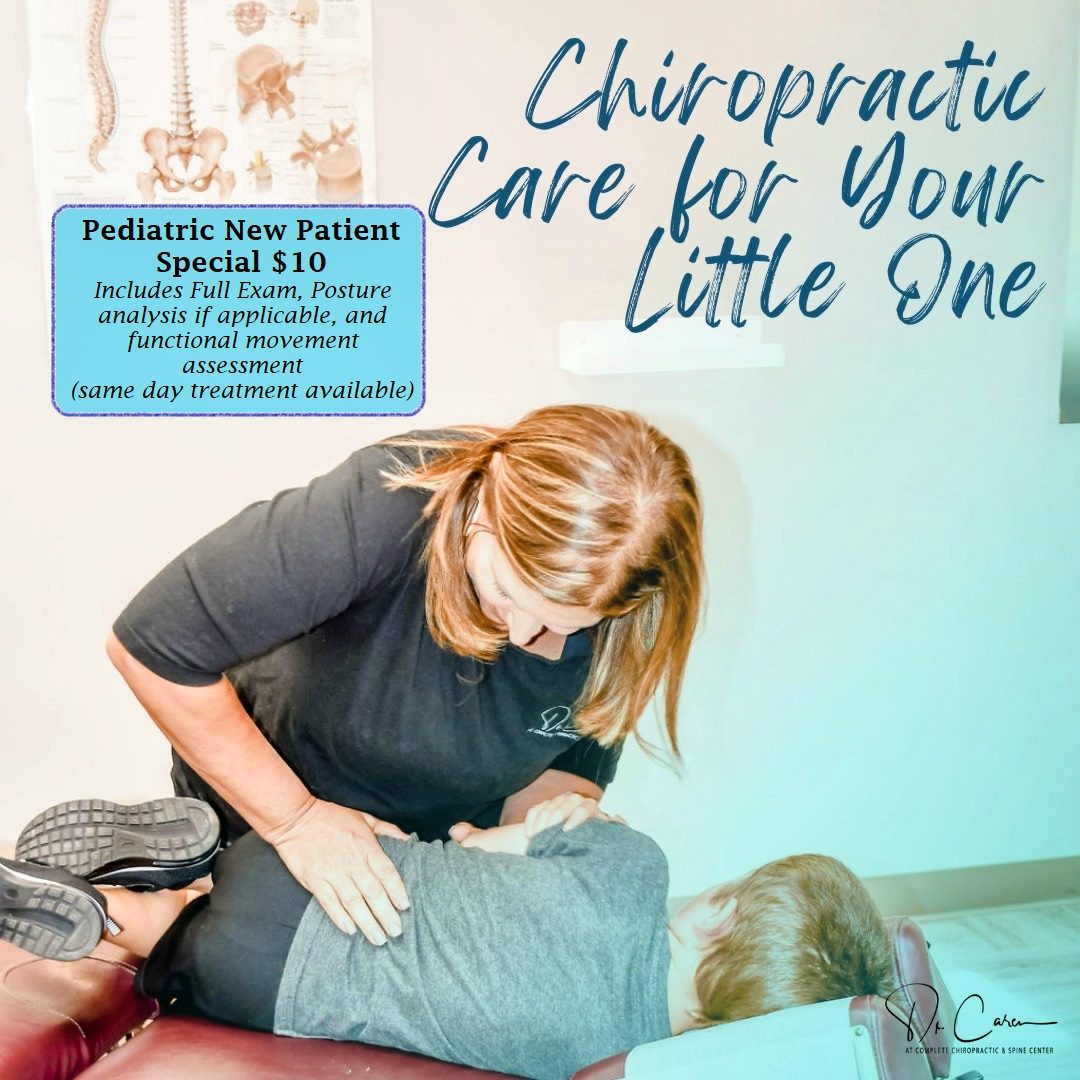
Introduction: Probiotics have gained immense popularity in recent years for their potential health benefits, particularly in promoting gut health. These live microorganisms, often referred to as "friendly bacteria," are believed to support digestion, boost immunity, and even improve mood. However, as with any supplement, it's essential to understand how to evaluate whether your probiotic is having the desired effect. In this article, we'll delve into the indicators that can help you determine if your probiotic is working effectively. Signs Your Probiotic Is Working:
- Improved Digestive Symptoms: One of the primary reasons people turn to probiotics is to alleviate digestive issues such as bloating, gas, diarrhea, or constipation. If you notice a reduction in these symptoms after consistently taking a probiotic, it's a good sign that the supplement is positively impacting your gut health. Keep track of any changes in your digestive patterns and note if they improve over time.
- Enhanced Immune Function: The gut plays a crucial role in supporting the immune system, and a healthy gut microbiome is associated with better immune function. If you find yourself getting sick less often or experiencing milder symptoms when you do fall ill, your probiotic may be contributing to this strengthened immunity. Pay attention to any changes in your susceptibility to infections or allergies.
- Balanced Mood and Mental Health: Emerging research suggests a link between gut health and mental well-being. Some studies have indicated that probiotics may help alleviate symptoms of anxiety and depression. If you notice improvements in your mood, reduced feelings of stress, or better cognitive function after starting a probiotic regimen, it could indicate that the supplement is positively influencing your gut-brain axis.
- Regular Bowel Movements: A healthy gut is characterized by regular and comfortable bowel movements. If your probiotic is working effectively, you may notice that your bowel habits become more consistent, with stools that are well-formed and easy to pass. Changes in frequency, texture, or discomfort during bowel movements can indicate whether your probiotic is having a beneficial impact on your digestive system.
- Decreased Inflammation: Chronic inflammation in the body is linked to various health issues, including autoimmune diseases, obesity, and heart disease. Probiotics have been shown to help reduce markers of inflammation in some individuals. If you experience a decrease in symptoms associated with inflammation, such as joint pain, skin issues, or general discomfort, it could suggest that your probiotic is exerting anti-inflammatory effects. Monitoring Your Progress: To accurately assess whether your probiotic is working, it's essential to maintain consistent usage and track any changes in your health over time. Keep a journal to record your symptoms, mood, and overall well-being before starting the probiotic and periodically thereafter. This will allow you to pinpoint any improvements or setbacks and make informed decisions about your supplement regimen. Consulting a Healthcare Professional: If you're unsure whether your probiotic is working or if you experience any unexpected side effects, it's advisable to consult a healthcare professional. They can offer personalized guidance based on your specific health needs and may recommend adjustments to your probiotic regimen or additional interventions to support your gut health. Conclusion: Determining whether your probiotic is working involves paying attention to subtle changes in your body and overall well-being. By monitoring digestive symptoms, immune function, mood, bowel movements, and inflammation levels, you can gauge the effectiveness of your probiotic supplement. Remember to maintain open communication with your healthcare provider and be patient as you give your body time to respond to the probiotic intervention. With careful observation and proper guidance, you can optimize your gut health and potentially reap the full benefits of probiotics.






